The French PACS (Pacte Civil de Solidarité) is a form of civil union that has become a significant part of the country’s legal and social landscape. Introduced in 1999, it was designed to provide a legal framework for couples who wished to formalize their relationship without entering into marriage. Over the years, the PACS has evolved, reflecting broader societal changes and the increasing diversity of family structures in France.
Origins and Purpose of the PACS
The PACS was created as a response to the growing demand for legal recognition of non-marital partnerships. At the time, many couples, particularly same-sex couples, sought rights and protections similar to those afforded by marriage but were excluded from the institution. The PACS offered a middle ground, granting certain legal and financial benefits while remaining distinct from marriage. It was a compromise that balanced progressive social demands with the conservative resistance to redefining marriage itself.
Initially, the PACS was met with controversy. Critics argued that it undermined the traditional family structure, while supporters saw it as a necessary step toward equality. Despite the debates, the PACS gained popularity, particularly among younger generations who valued its flexibility. Unlike marriage, which carries significant cultural and religious weight in France, the PACS was perceived as a more modern and adaptable arrangement.
Legal Framework and Rights
The PACS is governed by the French Civil Code and provides a range of legal and financial benefits to couples. These include tax advantages, social security coverage, and inheritance rights, though they are not as extensive as those granted by marriage. For instance, PACS partners are eligible for joint taxation after three years, and they can inherit from each other under specific conditions. However, unlike married couples, PACS partners do not automatically inherit each other’s estates unless a will is in place.
One of the key differences between the PACS and marriage is the ease of dissolution. Ending a PACS is a relatively straightforward administrative process, whereas divorce can be lengthy and complex. This simplicity has made the PACS an attractive option for couples who want legal recognition without the long-term commitment traditionally associated with marriage.
Societal Impact and Evolution
The PACS has had a profound impact on French society, normalizing alternative forms of partnership. It paved the way for the eventual legalization of same-sex marriage in 2013, as it demonstrated that legal recognition of diverse relationships was both feasible and beneficial. Many same-sex couples initially opted for the PACS as a way to gain some form of legal recognition before marriage equality was achieved.
Interestingly, the PACS is not exclusively used by same-sex couples. A significant number of heterosexual couples have also chosen this arrangement, often citing its flexibility and lower bureaucratic burden compared to marriage. This trend highlights a shift in attitudes toward relationships, with more people prioritizing practicality over tradition.
Contemporary Relevance and Future Prospects
Today, the PACS remains a popular choice, though its role has shifted somewhat since the legalization of same-sex marriage. Some couples still prefer it as a less binding alternative, while others use it as a stepping stone before marriage. The French government continues to refine the PACS framework, adjusting tax and social security regulations to ensure it meets the needs of modern couples.
Looking ahead, the PACS may undergo further reforms to address emerging issues, such as the rights of international couples or the recognition of polyamorous relationships. As societal norms continue to evolve, the PACS will likely remain a dynamic and adaptable institution, reflecting France’s commitment to balancing tradition with progress.
Conclusion
The French PACS is more than just a legal agreement; it is a reflection of changing social values and the desire for inclusive legal frameworks. From its contentious beginnings to its current status as a widely accepted institution, the PACS has proven its resilience and adaptability. Whether as an alternative to marriage or a precursor to it, the PACS continues to play a vital role in the lives of many French couples, offering a flexible and modern approach to partnership.

By Eric Ward/Apr 19, 2025

By James Moore/Apr 19, 2025

By Daniel Scott/Apr 19, 2025

By George Bailey/Apr 19, 2025
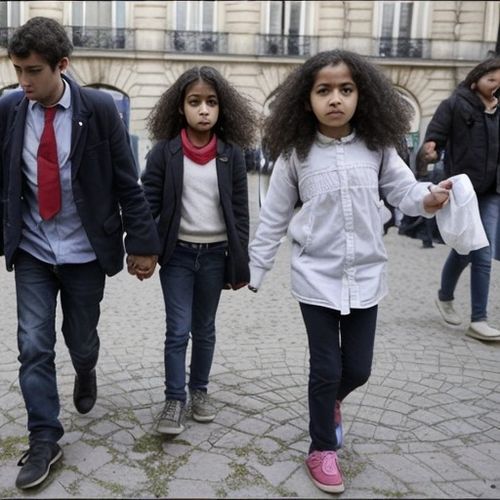
By Amanda Phillips/Apr 19, 2025

By Amanda Phillips/Apr 19, 2025

By Joshua Howard/Apr 19, 2025
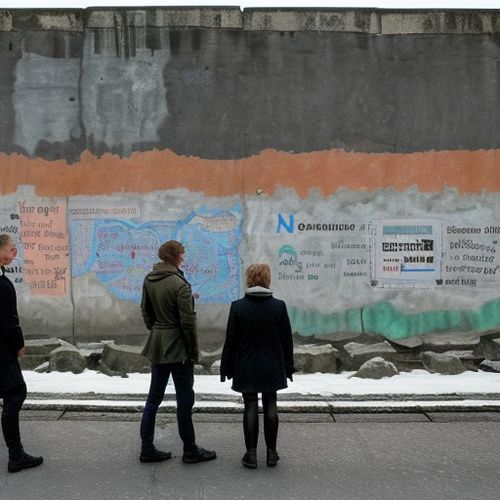
By Thomas Roberts/Apr 19, 2025

By Thomas Roberts/Apr 19, 2025

By Noah Bell/Apr 19, 2025
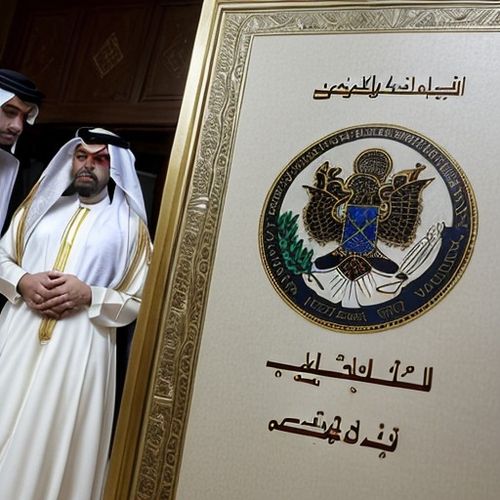
By James Moore/Apr 19, 2025
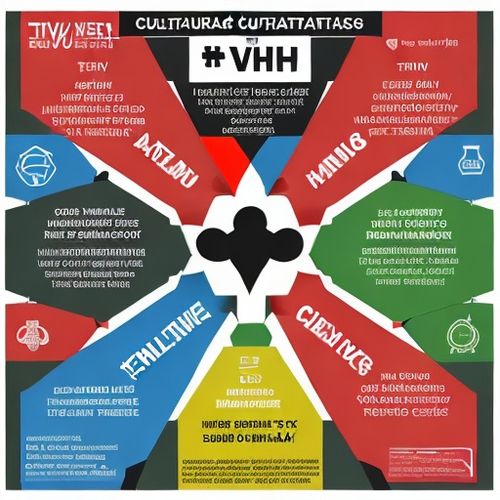
By Rebecca Stewart/Apr 19, 2025
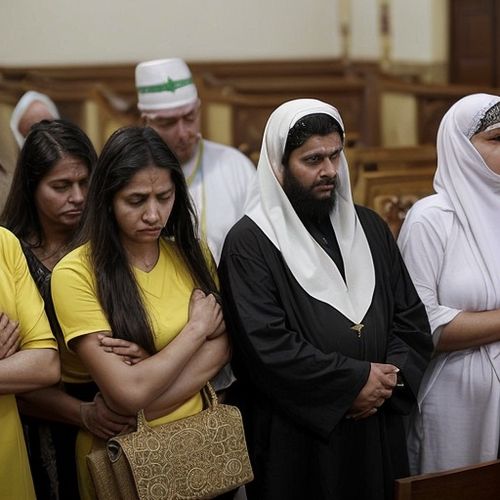
By Noah Bell/Apr 19, 2025

By Elizabeth Taylor/Apr 19, 2025
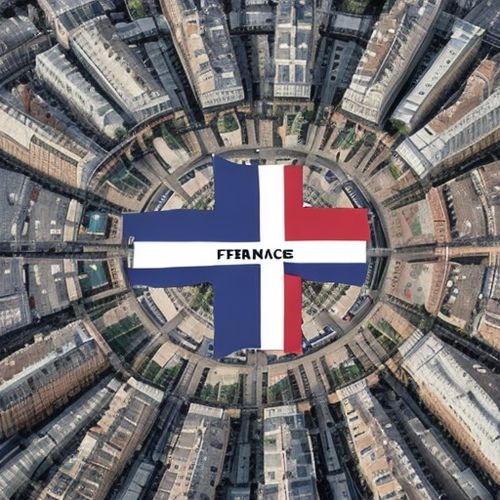
By Benjamin Evans/Apr 19, 2025
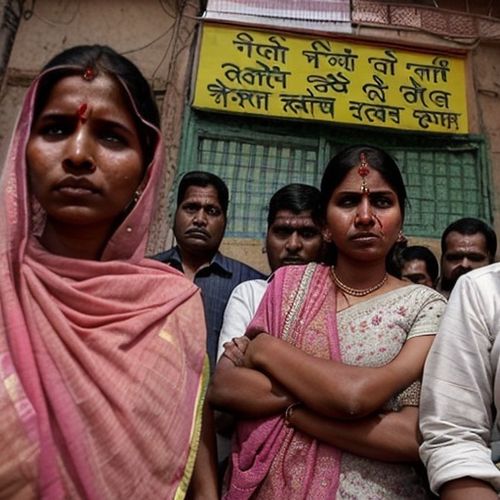
By Laura Wilson/Apr 19, 2025
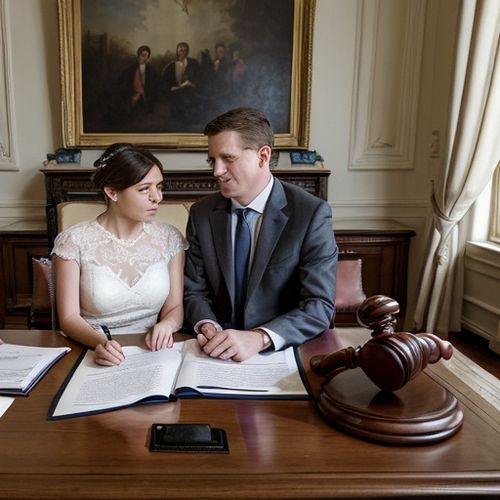
By Victoria Gonzalez/Apr 19, 2025
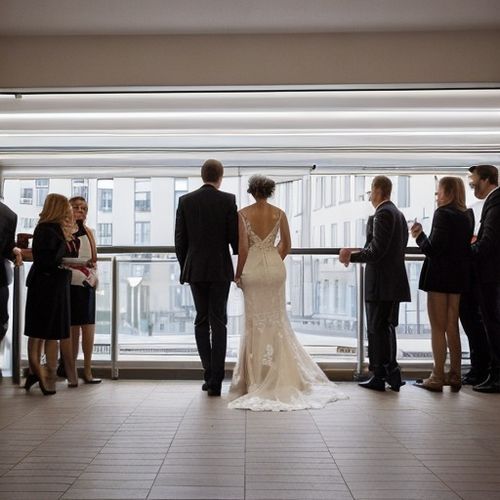
By Laura Wilson/Apr 19, 2025
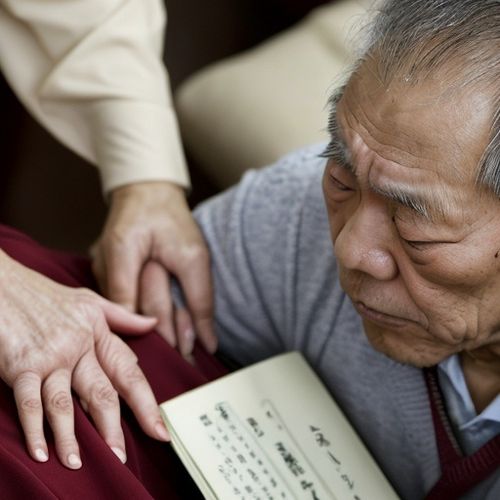
By Laura Wilson/Apr 19, 2025

By Sophia Lewis/Apr 19, 2025